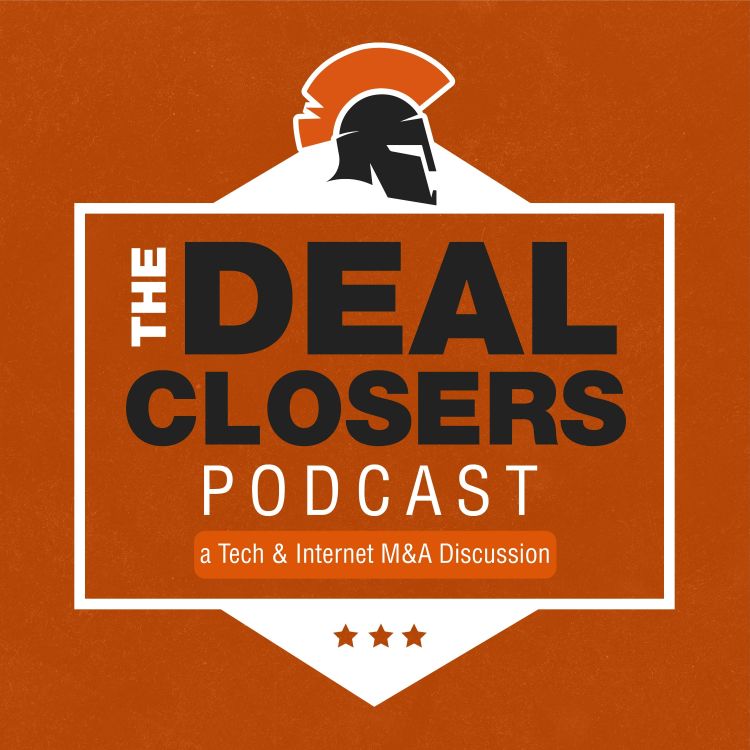
Business is about transactions. Beyond that, business is also about people. And people come in all different forms. As a result, the business world is full of variety.
When it comes to the business of selling businesses, you can come across A LOT of different people.
Jason and Ron from Websiteclosers.com have seen a lot of different buyers over the years. On today’s episode of Deal Closers – A Tech & Internet M&A Discussion, we’re talking about the different buyers you can come across when selling a company.